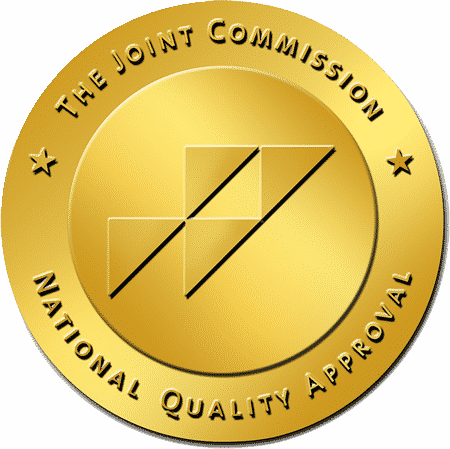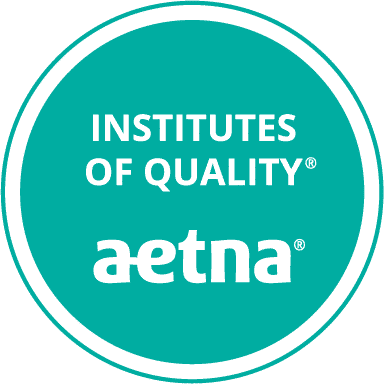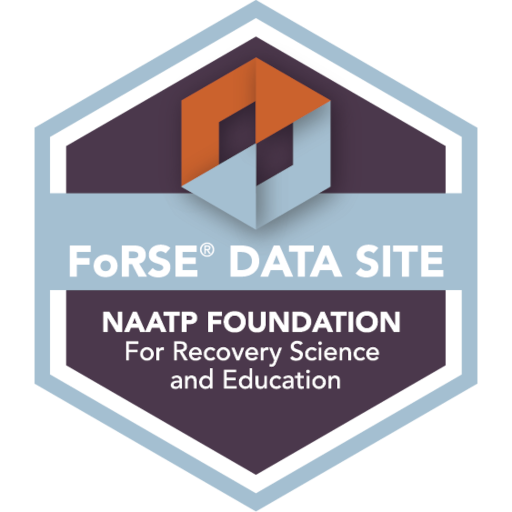Inpatient treatment is provided in special hospital units or medical clinics and offers both medically supervised detoxification and inpatient rehab services. It was once a very common form of treatment, but changes in insurance coverage have decreased the number of inpatient treatment programs. People with a co-occurring mental disorder– a serious mental health condition as well as a substance use condition–are most likely to receive inpatient treatment. Adolescents may also need inpatient care to allow staff to fully assess of a teenager’s alcohol or drug abuse and mental disorders.
What Does Inpatient Treatment Include?
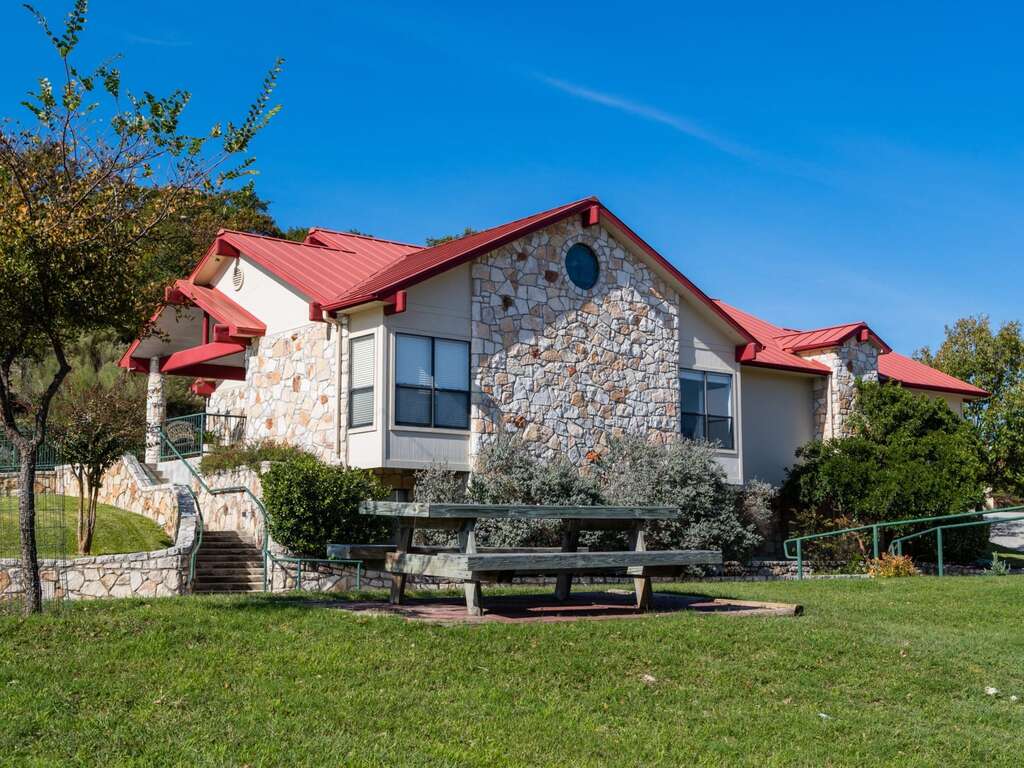
Inpatient addiction treatment programs in a hospital or clinic typically provide secure, short-term care for people struggling with alcohol and drug abuse. Inpatient rehab programs often include medically supervised detoxification, and a combination of individual, group, and family therapy aimed at stabilizing the patient’s medical condition, reducing their withdrawal symptoms, and preventing relapse through ongoing support and resources. Sometimes, in what is termed integrated treatment, a patient may participate in a partial hospitalization program. The primary difference between inpatient drug and alcohol rehab and residential treatment is that inpatient care is normally a month or less, while residential care may last a year.
Who Needs Inpatient Treatment?
Inpatient care is best if a patient:
- Needs dual diagnosis treatment for co-occurring medical and mental disorders
- Has a severe substance use disorder
In that latter case, painful withdrawal symptoms make medically supervised detoxification in inpatient treatment preferable to trying to detox at home.
Types of Treatment Programs Available
According to the Substance Abuse and Mental Health Services Administration there are five types of treatment programs for alcohol and drug rehab. They are:
- Inpatient treatment (hospital)
- Residential treatment (treatment center)
- Partial hospitalization or day treatment
- Outpatient and intensive outpatient programs (IOPs)
- Methadone clinics (also known as opioid treatment programs).
What is Residential Treatment?
Residential treatment takes place at a facility designed solely for providing treatment for substance use disorders or other behavioral conditions or mental health disorders. In addition to on-campus therapeutic treatment, residential programs provide housing and meals for periods from one month to a year or more. Residential treatment may help people with very serious substance use disorders who have been unable to get and stay sober or drug-free in other treatment. They are also good for patients who lack employment, have unhealthy living situations, or need to build a support community. Like inpatient care, residential treatment involves intensive clinical therapy and 24/7 attention.
Advantage of Longer Care
Unlike inpatient treatment, residential care’s longer treatment periods allows it to provide more treatment options . Residential programs often divide treatment into phases, with different expectations and activities during each one. For example, a patient’s contact with family, friends, and job may be restricted during earlier phases, then gradually increased as they achieve treatment goals. Some facilities, especially with longer treatment periods, allow a return to work or school if the patient continues to live on campus and receive counseling.
What are Therapeutic Communities?
One common form of residential treatment is the therapeutic community model which started in the late 1950s out of the self-help recovery movement. Therapeutic communities focus on the whole person’s health, not only abstaining from drugs or alcohol. This orientation acknowledges that relapse prevention is not 100 percent effective and that lapses should be used as learning experiences. Gradually, the patient achieves recovery using past events to learn how to respond better, according to this model.
Impact of Co-occurring Mental Health Issues
People with co-occurring disorders are more likely to be admitted for inpatient drug rehab than people with only a mental illness or substance use disorder. Up to 56 percent of people with the most severe mental disorders have a co-occurring substance use disorder during their lives. When, after a thorough assessment upon admission, a patient is determined to have both an SUD and a mental health disorder, the treatment staff determine whether the patient can be treated for the SUD before addressing the mental condition. That determination can affect whether they end up in an inpatient treatment center or a residential care facility which may be able to treat both the substance addiction and the mental illness over the longer period or residential treatment.
What is Partial Hospitalization?
Partial hospitalization (PHP for partial hospitalization program) is when a patient lives at home, but commutes to the treatment facility.
Partial hospitalization focuses on the overall treatment of the individual. Its purpose is to avoid or reduce the time a patient is in the hospital or clinic for treatment.
Partial hospitalization programs can be provided in either a hospital setting or by a free-standing community mental health center (CMHC). Many providers are moving toward using it for acute short-term services.
What is Medical Detox?
Medically supervised detoxification (medical detox) is sometimes the first step in alcohol and drug rehab when the addiction is severe. Inpatient treatment facilities–and some residential treatment centers like La Hacienda, which are equipped with full staffed medical department–discontinue patient’s use of substance and keep them under 24/7 observation. Because painful withdrawal symptoms may follow, patients are able to receive another, non-addictive drug to relieve the pain. These are prescribed by doctors and use is closely monitored by the nursing staff. Once a patient is deemed able, they begin clinical therapy with licensed counselors.
Good for Treatment of PTSD
Inpatient rehabs are a good fit for treatment of post-traumatic stress disorder because the main treatments are short-term psychotherapies. These include:
- Cognitive behavior therapy (CBT)
- Eye movement desensitization and reprocessing (EMDR)
- Present-centered therapy (PCT)
Sometimes medications such as selective serotonin reuptake inhibitors are used during one these therapies.
Family Counseling as Part of Inpatient Treatment
Family counseling sessions are part of most inpatient treatment programs for drug and alcohol abuse. During these, the treatment provider will usually offer:
- Education about addiction
- Workshops on how to improve communication
- Tips on how to best support the loved one’s recovery process and help them stay sober.
How Can I Find Inpatient Treatment?
The Substance Abuse and Mental Health Services Administration (SAMHSA) maintains an online locator for treatment facilities nationwide including inpatient drug treatment centers. The finder on SAMHSA’s website includes filters so users can search for inpatient programs that fit a particular need or location.
Alcoholism and Drug Addiction Treatment at La Hacienda

La Hacienda Treatment Center has been treating drug and alcohol substance use disorders since 1972. It’s residential care program includes creation of a personalized treatment plan prepared by our team of medical professionals and clinicians. The treatment facility includes a Special Care Unit where patients with severe withdrawal symptoms are closely monitored through medically supervised detoxification when needed. Patients see a doctor daily and the nursing staff administers medications and tends to medical concerns. Mental health professionals are also available to counsel with patients.
Evidence-Based Treatment Program
The substance abuse treatment program at La Hacienda includes individual and group counseling sessions with licensed clinicians. Group therapy sessions are sometimes composed of patients with similar professional backgrounds or genders. Each patient is introduced to the 12-step program, led through the first four steps, and provided with opportunities to meet with local support groups. Relapse prevention is taught as a part of group therapies. Among the tools provided for patients is cognitive behavior therapy which helps them recognize triggers that can cause relapse into alcohol or drug abuse. La Hacienda Treatment Center’s four-day Family Program offers each patient’s family support through lectures and workshops.
Outpatient Care at La Hacienda Solutions in Austin
La Hacienda also provides an intensive outpatient program through La Hacienda Solutions in Austin, Texas. People with substance abuse problems receive individual and group counseling at the outpatient rehab center on the capital city’s north side. Outpatient treatment works best for patients with less severe disorders and a good support system and/or home life.
For More Information
To start the admission process or learn more about substance use disorder treatment, phone (800) 749-6160 today and talk with one of our admission specialists.

Behavioral Health Near Me
The Substance Abuse and Mental Health Services Administration (SAMHSA) provides a free behavioral health services locator on its website. It is a confidential and secure source of information about treatment centers in the U.S. or its territories that care for mental health or substance use disorders.

Addiction Treatment Campus
A person with a substance use disorder who needs around-the-clock care will probably be admitted to a facility where they can see a staff member in person 24/7. These are usually residential addiction treatment centers where the recovery program may include medically supervised detoxification.
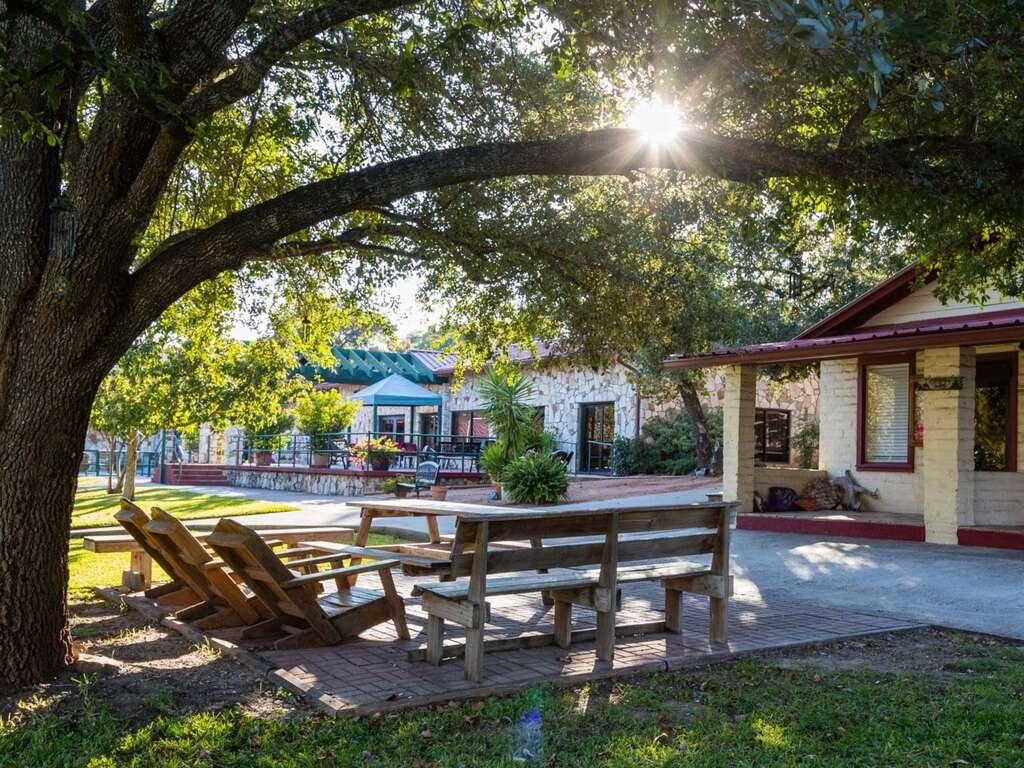
Residential Programs
Residential treatment programs are best for persons with more severe cases of substance use disorders who need 24/7 in-person, long-term care while they become sober and start recovery. They provide housing, meals and continuous staff contact and support

Rehab Centers in Texas
Addiction treatment providers and clinics in Texas are licensed by the State Department of Health and Human Services. To search for addiction treatment centers in Texas, go to the Substance Abuse and Mental Health Services Administration website. They have a search device which can find facilities within a given ZIP code or city.
